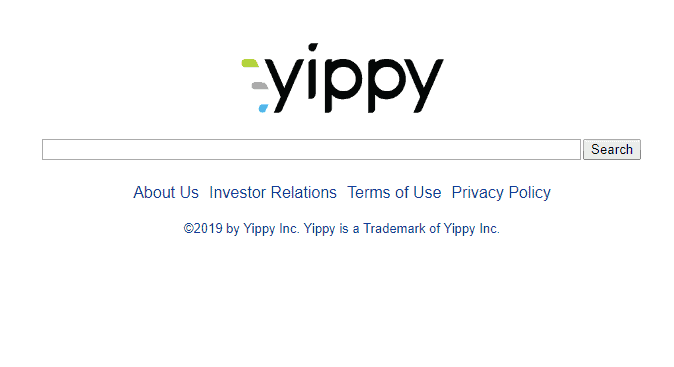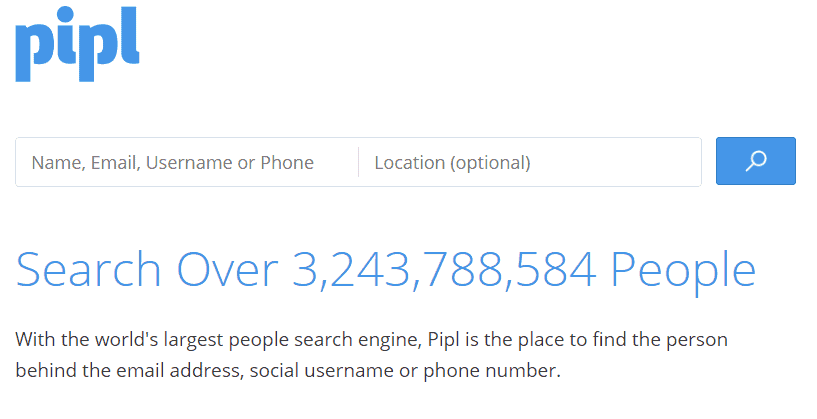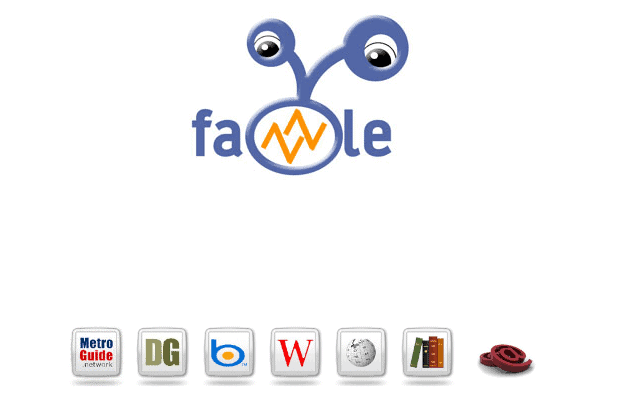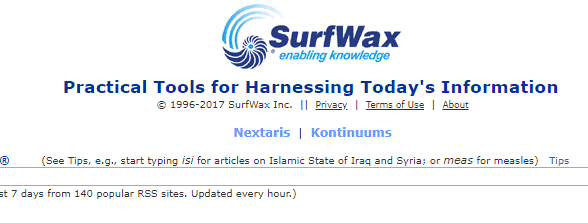The deep web is content you can’t find on a search engine, such as your email account, social media accounts, online banking account, branded pages, or a private database of a corporation.
The only difference between the deep web and the surface web is that a thin layer of security walls prevents the public from accessing content on the deep web. Most of the information we access on the Internet requires authentication, such as your online banking portal or email account. Imagine if anyone could use Google your name to access these accounts.
Topic Covered:
- What are Hidden Web Search Engines?
- What is Deep Web Search Engine?
- What is DARK WEB Search Engine?
- Top 10 Deep Web Search Engines of 2021
- How to browse and search the Deep Web without TOR Browser?
- Why isn’t Google’s deep web search available?
Your most personal information would be communicated worldwide. Websites do not index these authentication-protected Google pages for good reason-only some people; not everyone should have access to them.
The deep web, however, is not entirely without fault. Although the dark web only accounts for 0.01% of the deep web, this tiny sliver is probably the most dangerous part. You cannot access the dark web via a standard web browser such as Google Chrome or Safari-you has to download an encryption software such as Tor. Tor anonymizes the identity, location, and data transfers of users so that there is a lot of crime on the dark web.
According to a study conducted by two cyber intelligence experts, more than half of the dark websites offer illegal products or services. And it is practically impossible to track any or all of these criminals.
Let’s discuss everything in detail.
What are Hidden Web Search Engines?
Hidden Web Search Engines are web search engines that you can’t see or find using regular internet searches. They’re called hidden because they’re not listed in popular search engines like Google or Yahoo. You have to use special search engines, known as hidden search engines, to find them.
Some of the most popular hidden search engines include Lycos, AOL Search, and Google Search. Some people use hidden search engines to research information that they don’t want others to know about, like the location of a secret government installation. Others use hidden search engines to find information that’s not available through traditional internet searches.
There are a few things to keep in mind when using hidden search engines. First, make sure you’re using the right one for the task at hand. Second, be aware of the privacy issues involved with using these engines. Third, be careful about what information you share when using a hidden search engine. Fourth, be careful about what you download from hidden search engines. Fifth, be prepared to pay for access to some of these resources. Sixth, be aware of the dangers associated with revealing your identity when using a hidden web search engine.
How do Hidden Web Search Engines Work?
Hidden web search engines are websites that allow users to search for information that is not publicly available. They are often used by activists, journalists, and others who need to find information that is not easily accessible through traditional search engines.
How hidden web search engines work is by using a special algorithm to index hidden content. This means that hidden web search engines can find information that is not indexed by the traditional search engines.
There are a number of different hidden web search engines available, but the most popular ones include DuckDuckGo and Startpage.
What is Deep Web Search Engine?
Deep Web is the data not indexed by a standard search engine like Google or Yahoo. The Deep Web refers to all web pages that search engines cannot find, such as user databases, web forums required for registration, webmail pages, and paywall pages. Then there’s the Dark Web or the Dark Net–a particular part of the Deep Web hidden.
The Deep Web and the Dark Web are fascinating subjects for the Netizens. However, when you hear the term ‘Deep Web’ or’ Dark Web,’ you usually classify it into one. If yes, you’re mistaken.
What is DARK WEB Search Engine?
Dark Web is where you can operate without tracking, keeping you completely anonymous. The Dark Web is much smaller than the Deep Web and consists of websites selling drugs, weapons, and even hiring murderers. These are hidden networks that prevent their presence on the surface web, and their URLs are tailored to. Onion.
These [website name].regular search engines do not use index onion domains, so you can only access Dark Web with special TOR software. TOR is free and downloadable by anyone.
Many of us heard about the Dark Web when the largest underground online marketplace on the Silk Road was dismantled after an investigation by the federal authorities in the United States. But what if you can still dig in your regular browsers the Darknet content without the need for TOR?
Top 10 Deep Web Search Engines of 2022
- Yippy
- People
- Fizzle
- Not Evil
- MyLife
- Wayback machine
- SurfWax
- Google Scholar
- DuckDuckGo
- Start Page
1. Yippy

Yippy actually a meta search engine (it gets its results by using other web indexes), I’ve included Yippy here because it has a place with a device entry for a web client, e.g. email, games, videos and so on.
2. Pipl

Pipl operates by extracting files from the searchable database. It tries to obtain information about searching queries from personal profiles and directories that can be very sensitive. Pipl is able to penetrate deeply and obtain the information the user is looking for. They use advanced ranking algorithms and linguistic analysis to get your keyword results closest.
3. Fazzle

It is a meta web index engine that is accessible in English, French and Netherlands. It is designed to deliver rapid results. The query items include pictures, documents, video, audio, shopping, whitepaper, etc.
4. Not Evil

The search engines not for profit’ not Evil’ completely survive on contribution and it seems to receive a fair share of support. Highly reliable in search results, this SE has a highly competitive functionality in the TOR network.
5. MyLife

Mylife engine can provide you with information about a person, personal information and profiles, age, occupation, residence, contact details, etc. It also includes photos and other relevant history of the last trip person and other surveys if carried out. Moreover, you can rate people based on the profile and information.
6. Wayback machine

This engine gives you tremendous access to the URL. It’s the front end of the Open Web Pages Internet archive. The Internet Archive enables the public to post their digital documents to its data cluster. The majority of the data is automatically collected by web crawlers on Wayback machines. This is primarily aimed at preserving public web information.
7. SurfWax

SurfWax is a search engine based on the subscription. Apart from contemporary search habits, it has a number of features. According to the website, the name SurfWax came about because “On waves, surf wax helps surfers grip their surfboards; for web surfing, SurfWax helps you get the best grip on information— providing the “best use “of relevant search results.”
8. Google Scholar

Google Scholar scans for a wide range of academic literature, another Google search engine, but quite different from its primary engine. The results of the search come from university repositories, online journals and other web sources.
9. DuckDuckGo

This search engine, unlike Google, does not track your activities, which is the first thing to do. This has a clean user interface and it’s simple and yes, it can search the Internet in depth.
10. Start Page

The Startpage was published in 2009. This name has been chosen to make spelling and remembering easier for people. Both Startpage.com and Ixquick.com are the same and run by a single firm. It’s a private search engine, and it provides the same protection.
This is one of the best search engines to disguise privacy. Unlike popular search engines, Startpage.com does not keep your IP secret and your search history.
How to browse and search the Deep Web without TOR Browser?
Deep Web search engines have been around for a while, but they’re usually not recommended because of the security and privacy risks involved. But there are some safe and secure ways to use these engines without having to use the TOR browser.
Some of these Dark Web Search Engines are:
- Onion. City
- Onion. to
- Not Evil
- Memex Deep Web Search Engine
Here are some Deep Web Search Engines:
Deep Web Research Tools ‘ WWW Virtual Library Collection
- Surf wax
- IceRocket
- Stumped
- Freebase
- TechDeepWeb
Why isn’t Google’s deep web search available?
Google has a hidden web search engine that is not available to the general public. This search engine is used by Google employees and contractors to search for information that is not publicly available. The deep web search engine can find information that is not indexed by other search engines, including Google.
Conclusion
Search engines are a huge part of the internet, and they play an important role in helping people find what they’re looking for. However, many people aren’t aware of the hidden search engines that exist on the web. These engines are typically less well-known than popular search engines like Google, but they can be just as useful when it comes to finding information. If you’re looking for something specific and don’t think your regular search engine is going to find it, try using one of these hidden search engines.











Leave a Reply